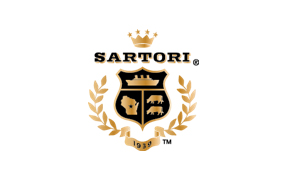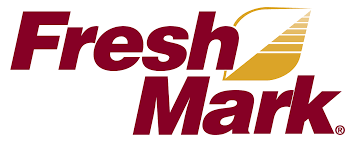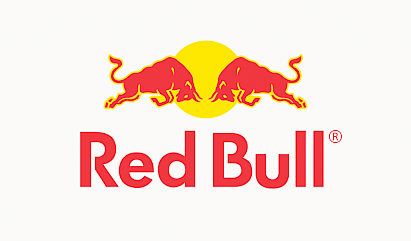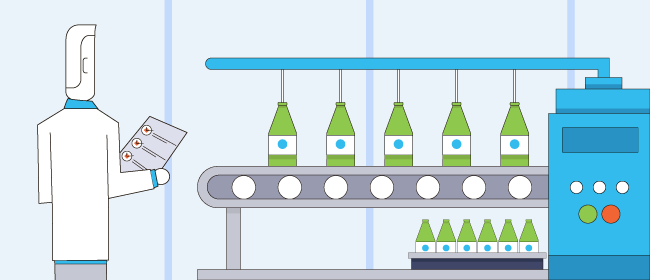Food and Beverage Workflow Management
How can automated workflow management help food and beverage companies?
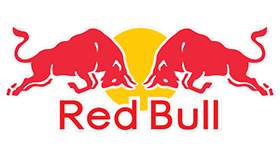
Customer Quote
“Our review and approval process has been greatly improved, plus, it keeps a record of the activity so we can reduce room for mistakes.”
–Paul Proano, CFO Latin America, Red Bull | Read the Full Case Study
Automate Your Food and Beverage Processes for Compliance and Efficiency
For food and beverage companies being able to have a customizable flow that increases efficiency and saves time is very important. Automated workflow processes provide a competitive advantage by building a structured workflow thus reducing work cycles, overhead and getting products out to the market faster. A challenge that may present itself in this industry is needing to identify a system that could be customized by country to follow different rules and regulations for similar requests. This can be accomplished with automated workflow management. This exact problem was solved for Red Bull as well as the need for a system that would automate a paper and email-based request system in a way that saved time and was error-proof.
Some of the ways Integrity’s workflow automation can help Food and Beverage organizations are by:
- Reducing new product cycles
- Shorten supply chain cycle for approvals and receipt of goods
- Purchase Requests
- Travel Expense Requests
- Vendor and Contract Approvals
- Improve and standardize safety reporting
- Centralizing and simplifying business operations
- Capital Expenditure Requests
- Meet compliance and regulatory requirements
- Customizing workflows according to different countries or government regulations
- Ability to scale
- Reliability
Use Case Examples:
- Compliance:
- The federal, local, or international agency requirements can be met easier with the help of automation.
- Capital and Operational Expenditure Requests
- With the volume of capital expenditure requests being submitted, there is a significant risk of mistakes, delays, compliance, and visibility. Given the investment, the cost of these risks can be enormous. By deploying a compliant and consistent workflow for handling capital expenditure requests, manufacturing companies can greatly reduce risk while getting a faster return on capital spending.
- More on CapEx Request Management
- Product Lifecycle Development
- As Food and Beverage companies deal with expansion, competitive pressure, regulatory changes and changing consumer expectations, it’s critical to get new products to market faster and faster. Unfortunately, the process of creating new products never gets easier. While product development cycles can’t be shortcut, they can be managed better with workflow management. By building a structured workflow around R&D, Quality, Production, Packaging, Marketing, manufacturing companies can reduce risk and ensure quality while avoiding process bottlenecks. That means products get to market faster.
- Quality Control
- Workflow management and automation replace manual, paper-based quality management systems that are inefficient and prone to error. An automated quality management system increases compliance whether an organization is beholden to regulatory rules or is simply interested in improving their own quality standards or conforming to ISO Standards. This is quite important for the Food and Beverage industry for the need to follow different regulations depending on different countries or government guidelines.
More Examples:
- Finance
- Purchase Requisition
- Capital Expense Request
- Contract Management
- New Product Evaluation
- Central Supply Requests
- Item Exception Requests
- New Product Evaluation
- Report Requests
- Human Resources
- Onboarding
- Employee Change of Status
- HR Inquiry
- Offboarding
- Payroll Adjustment
- Information Technology
- Access Requests
- Project Requests
- Work Orders
- Office Move
- Security Incident Reporting
Some of the Food and Beverage companies that use Integrify
